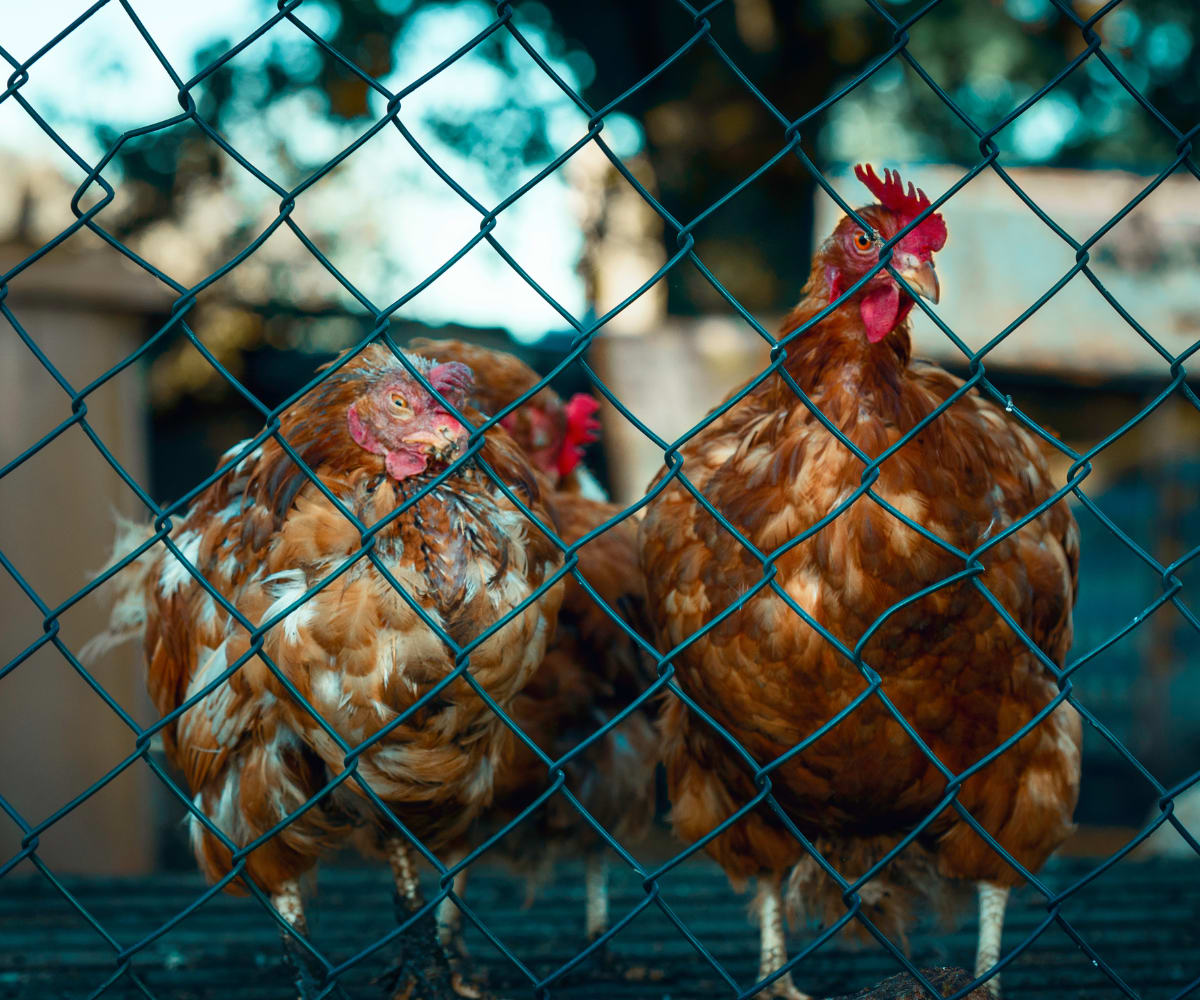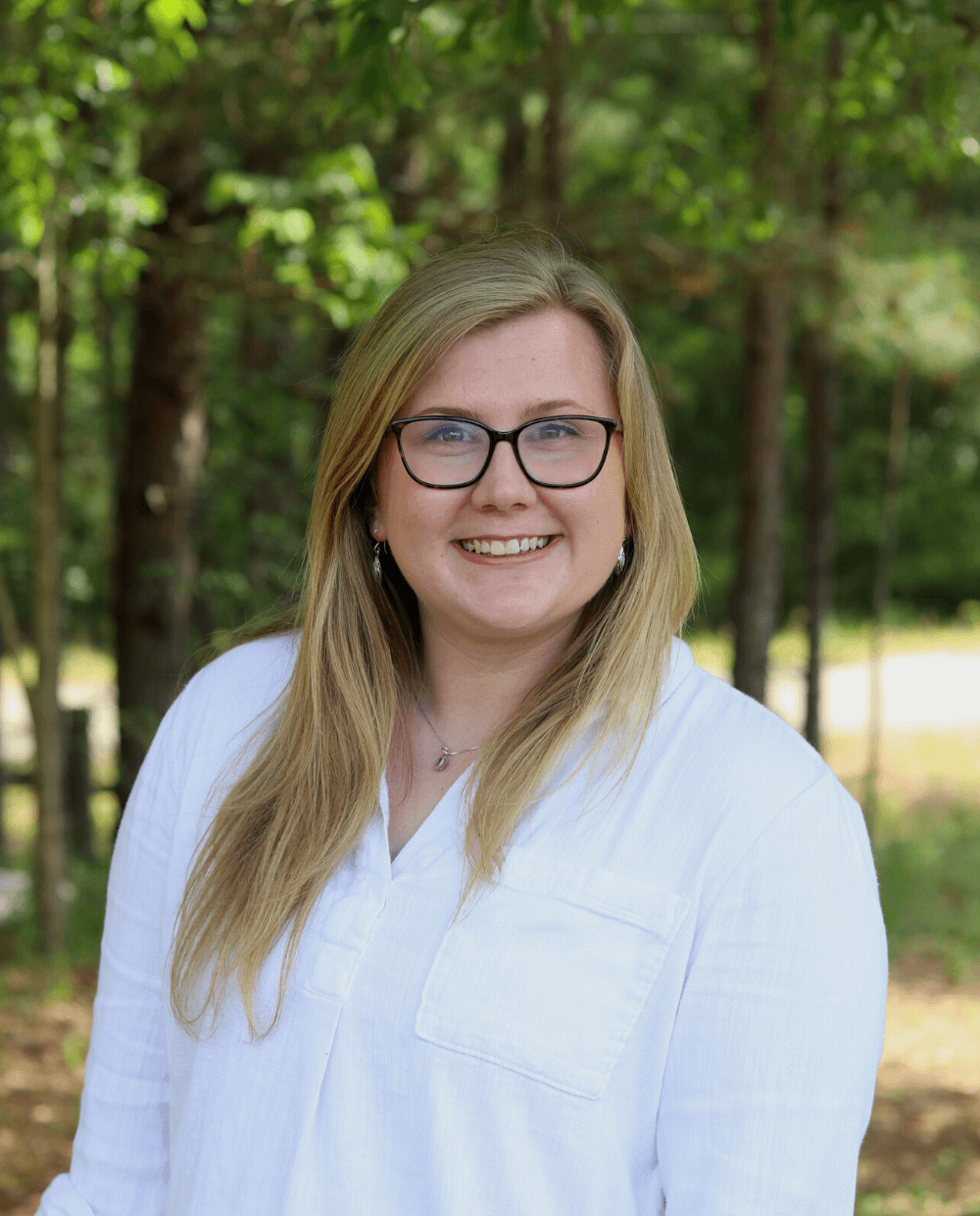The cool seasons bring about all sorts of changes for your backyard birds. Cool temperatures mean lots of time indoors and nesting, and short days signal time to slow down egg laying or stop laying eggs altogether. Egg production may slow or stop, but during this time, your birds do one of the coolest things: molt.
What is chicken molting?
molt
/mōlt/
verb
gerund or present participle: molting
to shed old feathers to make way for new feathers
The molting process allows birds to rid themselves of old or damaged feathers and replace them with new feathers called pin feathers. This process makes it possible to facilitate temperature regulation, protection and even courtship displays.
When do chickens molt?
Backyard chickens often begin molting in the fall as the days start to shorten. Birds are "long day breeders," which means that they prefer to lay eggs during the spring and summer to ensure optimal conditions for hatching chicks. Reducing hours of daylight triggers the reproductive system to slow down, which leaves extra energy for other things—in this case, replacing a few feathers (called a soft molt) or a lot of feathers (called a hard molt).
What does the molting period look like?

Although it can be alarming to walk into your coop and see a floor covered with feathers, this is a completely natural process. The break in reproductive stress allows the birds the opportunity to shed all of their feathers and regrow them. Think of it as a really dramatic haircut! Most commonly, the shedding starts at the head and neck and proceeds down the breast, wings and tail.
Feathers consist of about 85% protein, and feather production is physically and nutritionally demanding. On average, it takes seven to eight weeks for a complete molt, but it’s not a perfect science. Birds that don’t molt completely may only take four weeks, while birds with large or ornate feathers may take 12 or more weeks. The length of molt can also be influenced by age, nutrition and the environment.
How to Encourage the Molting Process in Chickens
Even though this is a completely natural process, there are several ways to encourage the process once it has begun!
1. Reduce your birds' stress.
First, keep your birds' stress levels as low as possible. Growing feathers takes a lot of time and energy, and reducing stress allows the birds to focus. A simple way of reducing stress is to provide plenty of clean and readily accessible water. Reducing excess noise can also help keep your birds' stress levels low.
Since the area where the feather shaft meets the skin can be very sensitive during molt, reducing handling and providing extra fluffy bedding can reduce friction and trauma to these areas. To keep stress to a minimum, it is also recommended to refrain from introducing new flock members or moving the birds to new housing areas.
2. Provide a high protein feed.
The second way to encourage the molting process is to provide a high protein feed. Just like you and me, birds need a diet fit to their life stage and current activity.
We spend a fair amount of time talking about the importance of essential nutrients for chickens—and one of those essential nutrients is protein. Since birds' feathers are made almost entirely of protein, making sure your birds have enough protein becomes even more important during their molting period. When you notice your chickens starting to lose feathers, it may be a good time to switch to an 18–20% protein diet. Some chicken raisers also like to add black oil sunflower seeds to their chickens' feed to help increase protein intake.
3. Boost your birds' digestion health with backyard poultry supplements.

Last but certainly not least, you can provide your birds with backyard poultry supplements, such as Mother Load and Hen Helper, that aid in digestion. This will help ensure that your birds are making the most of their new diet and handling the transition well.
Mother Load is raw, unfiltered apple cider vinegar for chickens infused with garlic. Designed to boost your birds' overall health, Mother Load aids in digestion, keeps the GI tract healthy, tightens the gut and provides bacteria that support poultry development.
Hen Helper boosts overall health and nutrition in layer hens through a specially formulated combination of probiotics, organic acids and electrolytes. The special ingredients, humic and fulvic acids, have been scientifically proven to improve shell quality and egg production by keeping hens in peak longer.
The Annual Molt

Molting is an annual process that allows backyard birds to keep their feathers in tip-top shape. Typically, this happens annually in the fall and lasts about eight weeks.
During this time, it's important for you to provide your birds with the most comfortable environment possible along with plenty of nutrients—especially protein. Although this can be a daunting process, it's completely natural and will end with a coop full of fresh feathers and happy chickens!
Contact Us
As always, feel free to reach out to alyssa@southlandorganics.com or (800) 608-3755 if you have any questions about raising backyard chickens.
And remember to keep up with us on social media @SouthlandOrganics!






